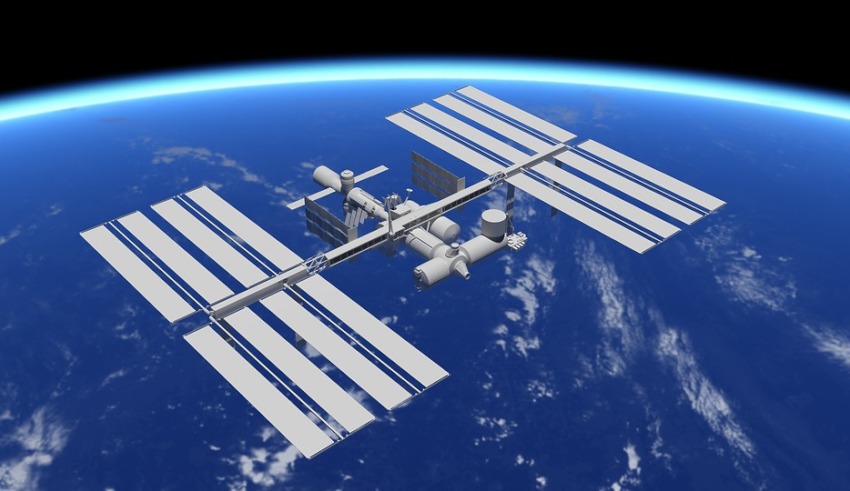Satellites provide critical ISR and communications capabilities. Why is Australia determined to lag behind other nations with building a space industry?
To continue reading the rest of this article, please log in.
Create free account to get unlimited news articles and more!
Few would disagree that space is one of the most important dimensions of modern warfare. A cornerstone of a nation’s communications and ISR capabilities; a robust, sturdy and aggressive space campaign can afford nations the opportunity to gain untold intelligence on one’s opposition while also destroying their ability to transmit information.
However, despite the huge benefits of a strong space program, Australia still lags behind the world and even its neighbours.
Lloyd Damp, CEO and founder of Southern Launch, writing in ASPI’s The Strategist last week outlined that unlike Australia, our neighbours in the Indo-Pacific such as Vietnam, Thailand and the Philippines have acknowledged the economic importance of a strong space industry.
Meanwhile, Australia simply falls behind.
Damp demonstrates, worryingly for Australia, that Australia could even be eclipsed by New Zealand for the destination of choice for companies operating in the space industry who wish to expand into Oceania. This is due to an attractive regulatory framework that has already encouraged global investment into New Zealand.
Our regional neighbours Japan, India and the Philippines have already acknowledged this, and actively begun strengthening their space markets.
Ultimately, unless Australia grasps this opportunity, the country will have exposed itself to economic and national security risk, Damp notes.
“Australia has a real opportunity to become the leading Indo-Pacific hub for space activity, as well as the world’s preferred location for space-launch services. The country and its capabilities are ideally positioned to play an innovative and significant role in the future global space economy.
“An essential ingredient to bring and sustain Australia in the global space market is a safe and reliable sovereign launch capability. First-class launch services will create enduring economic opportunities for the domestic market and will ensure Australia’s continued security and prosperity,” Damp continued.
As such, even the development of a sovereign launch industry will attract investment across the entire supply chain, helping to bolster Australia’s space industry. This sovereign industry is economically and strategically crucial, as events such as COVID determined that the world is not immune to macro-economic and global shocks. Damp notes that simply, in these situations, every country will prioritise their own industry partners.
An Australian launch capacity will also help build good will and soft-power throughout the Indo-Pacific.
Damp continues, “Partners and friendly Pacific nations could rely on Australia to launch their payloads when required. In return, Australia would strengthen its strategic partnerships, create opportunities for international collaboration and foreign investment, and develop a more resilient space industry in a region in which it needs to be able to shape outcomes.”
Australia has set itself an ambitious target concerning the space industry, but until the nation puts its foot on the accelerator, Australia will continue to be eclipsed by other state and non-state actors. This will continue to put Australia under economic and security risk, and put Australia at the mercy of global superpowers.
Get involved with the discussion and let us know your thoughts on Australia's future role and position in the Indo-Pacific region and what you would like to see from Australia's political leaders in terms of partisan and bipartisan agenda setting in the comments section below, or get in touch with

 Login
Login







